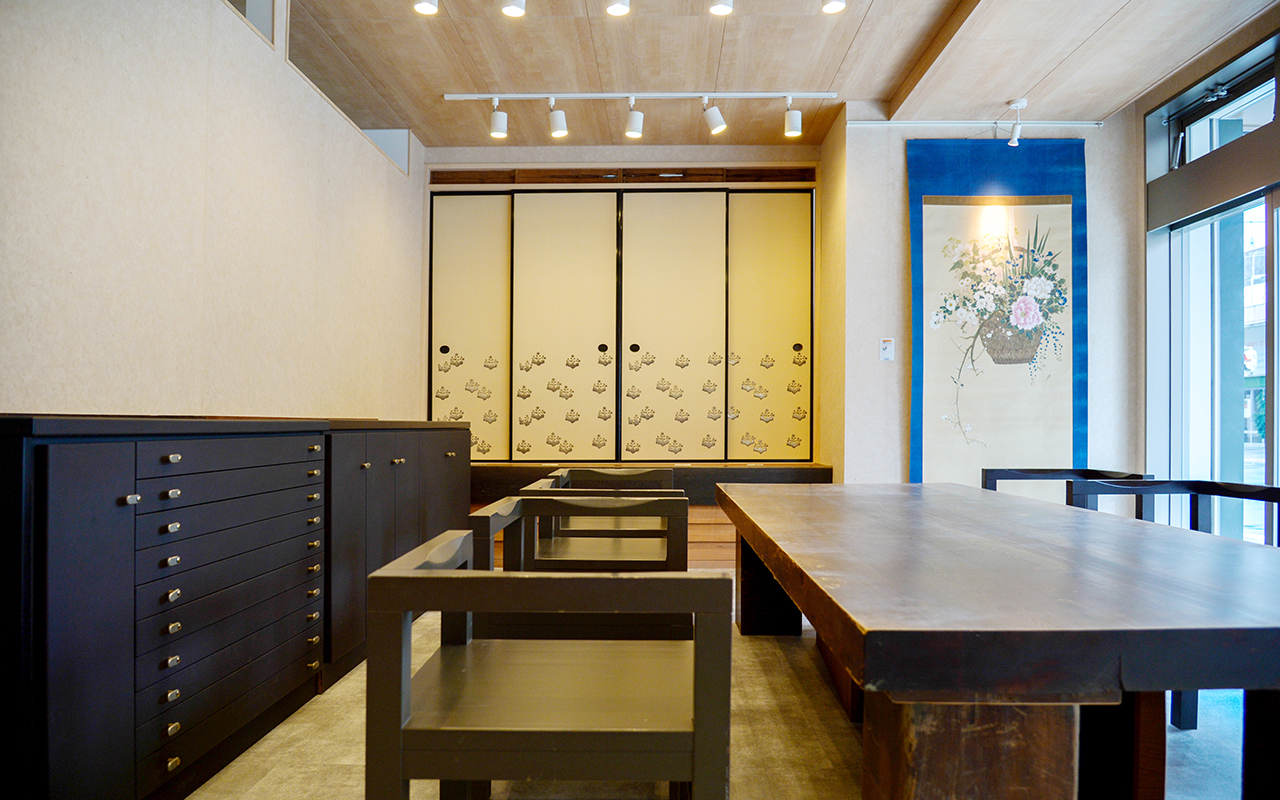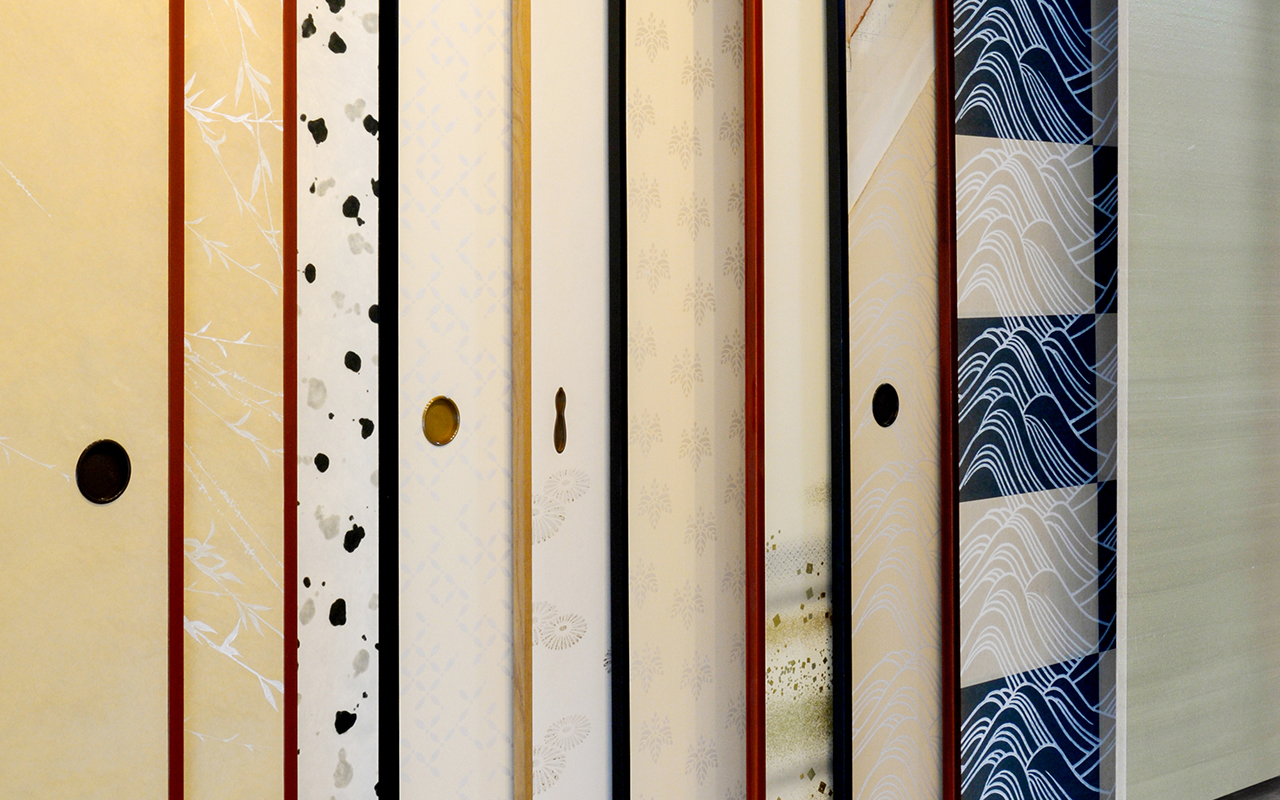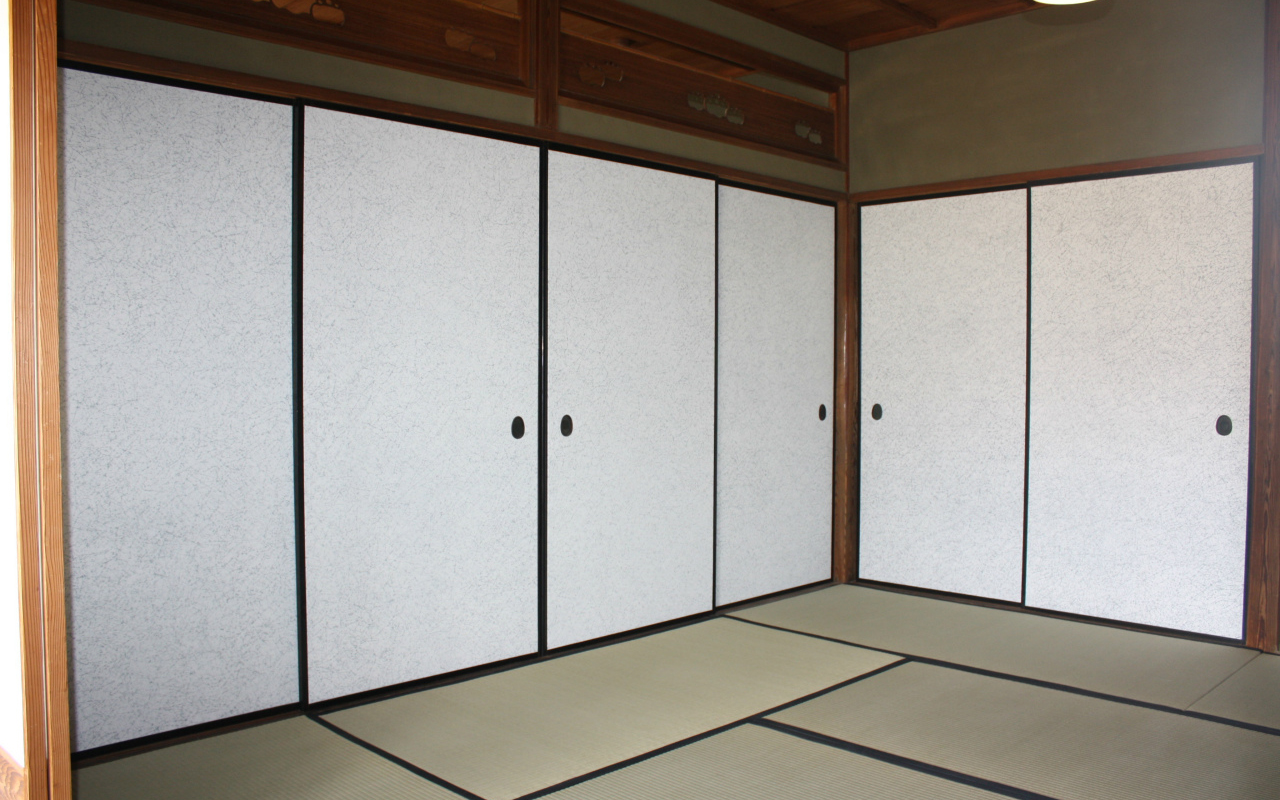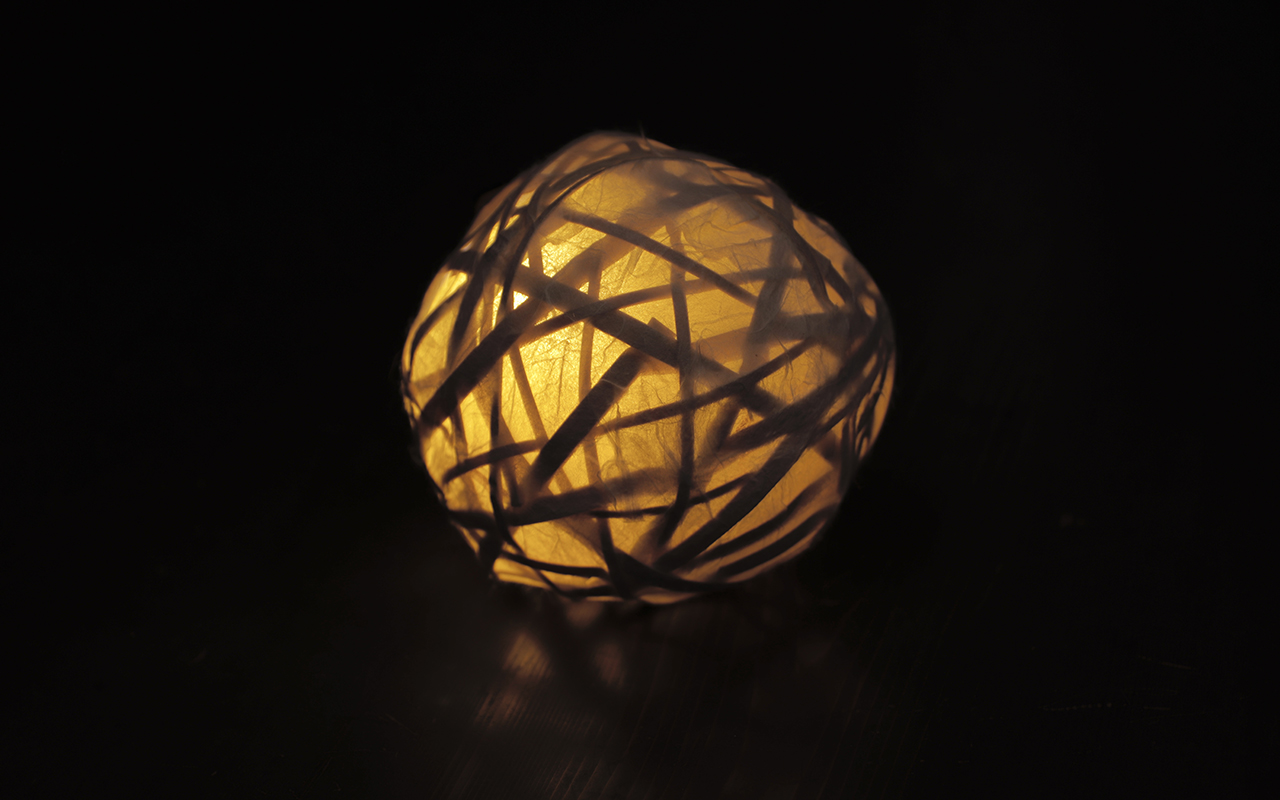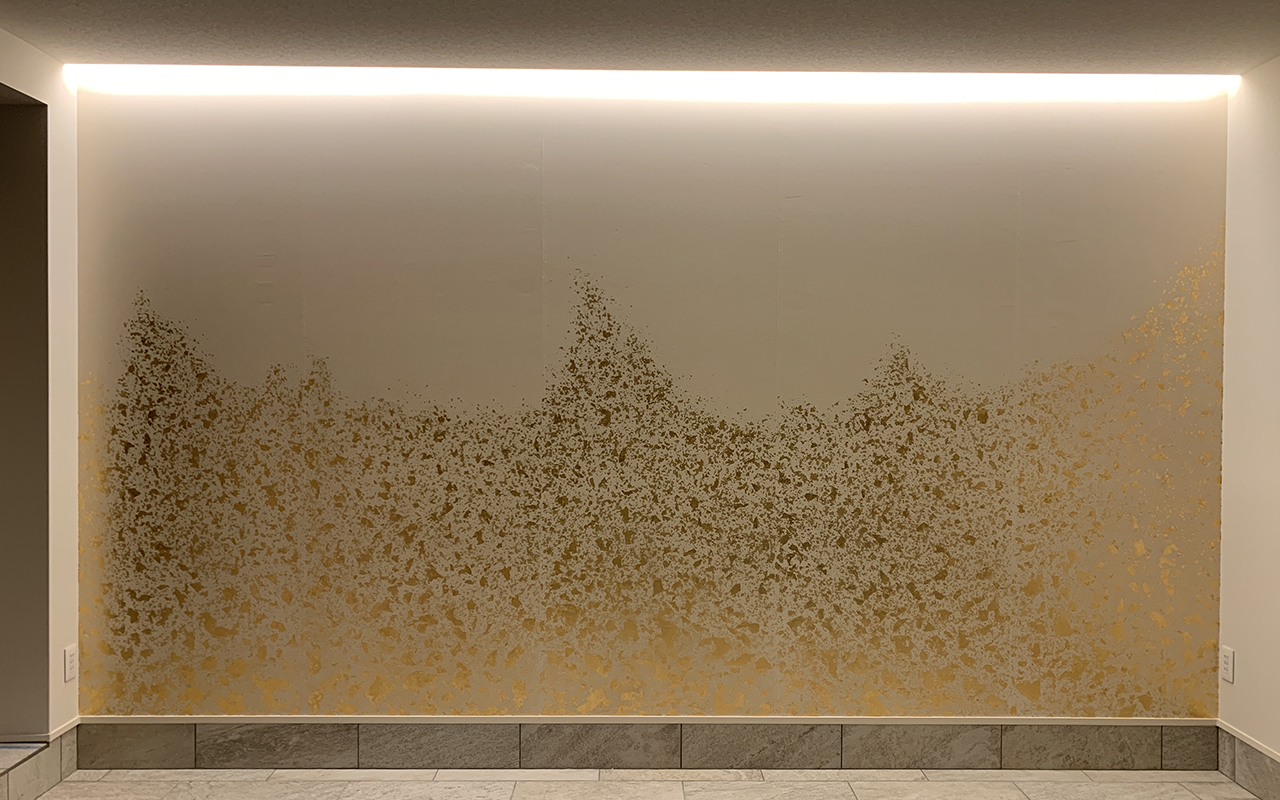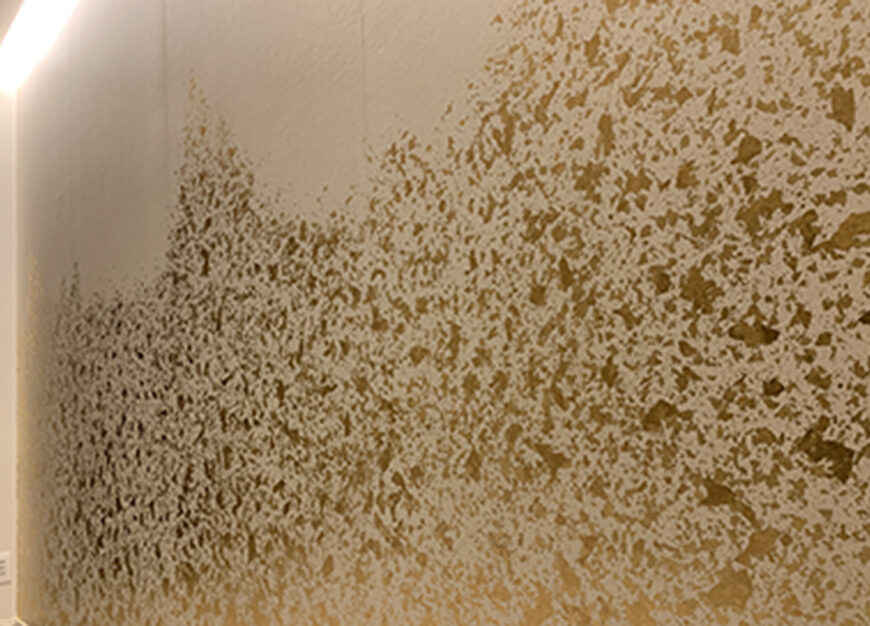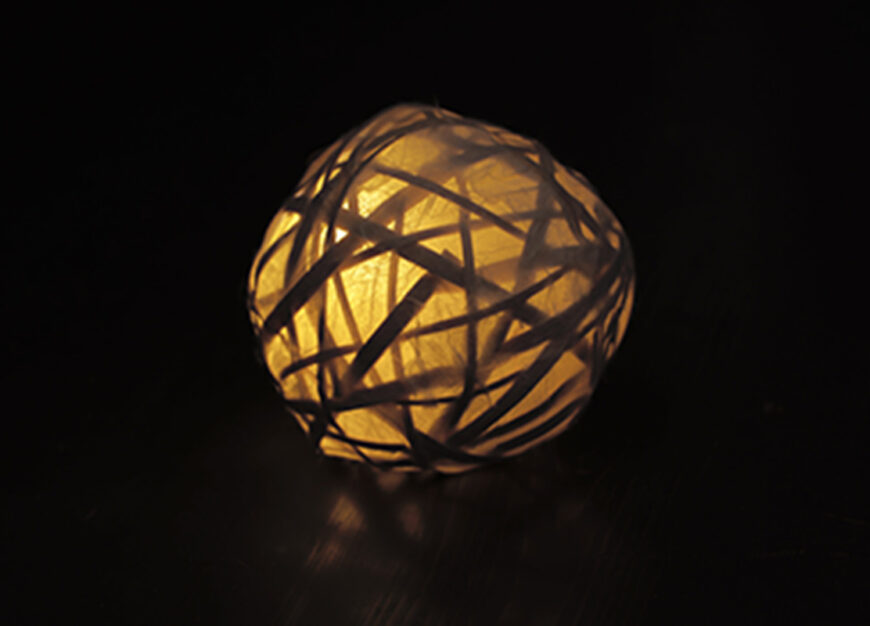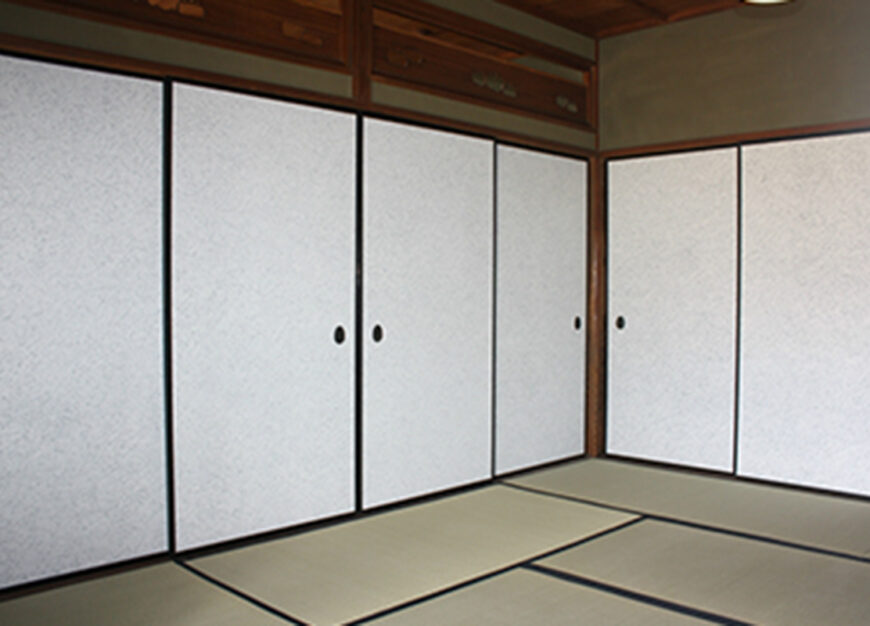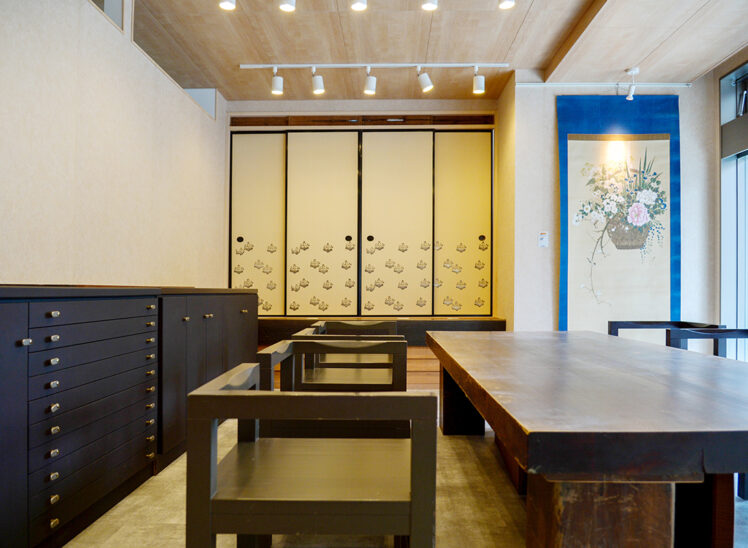Efforts to develop new environmentally friendly products
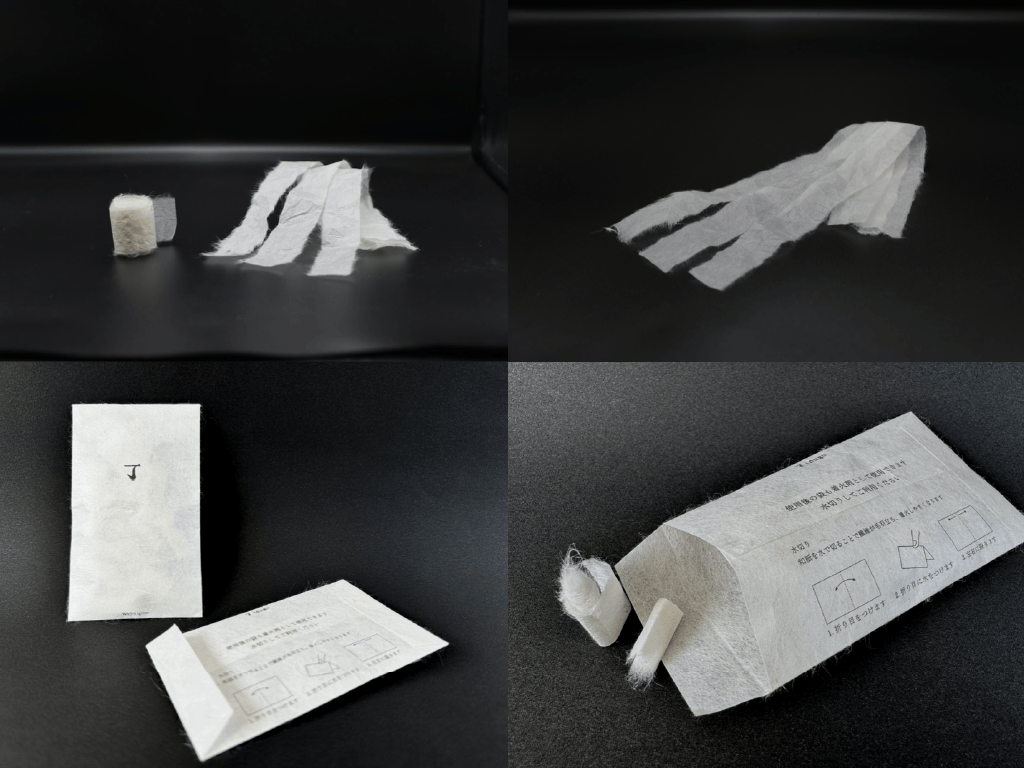
New use for washi scraps: Development of an SDG-inspired washi fire starter
【Product Features】
We have repurposed washi scraps generated during restoration of kakejiku hanging scrolls—materials that would otherwise be discarded or incinerated—into fire starters for camping and other outdoor activities. We use a technique called “mizukiri” to fluff up the fibers to highlight the characteristic tangle of fibers, encouraging a renewed recognition of washi‘s unique features.
We envisioned a niche group of enthusiasts who would find this primitive fire starter to be “cool.” This group tends to be more passionate about tools and materials that have a historical background and carry some sort of message rather than simple fire-starting tools like lighters, which makes this product more appealing to them. By leveraging digital media, including social media, in our marketing, we create connections between the historical narrative of kakejiku and the younger generation. There was also an intention to “weave” the idea of Japanese culture into the future.

Fire is the original form of illumination, and control of fire is the initial step in civilization’s development. This product incorporates the message of illuminating the future of washi, conveying Kashiwaya’s resolve to contribute to revitalizing of Japanese culture. We think that by allowing users to identify with the story of this special fire starter, we will be able to provide even further added value.
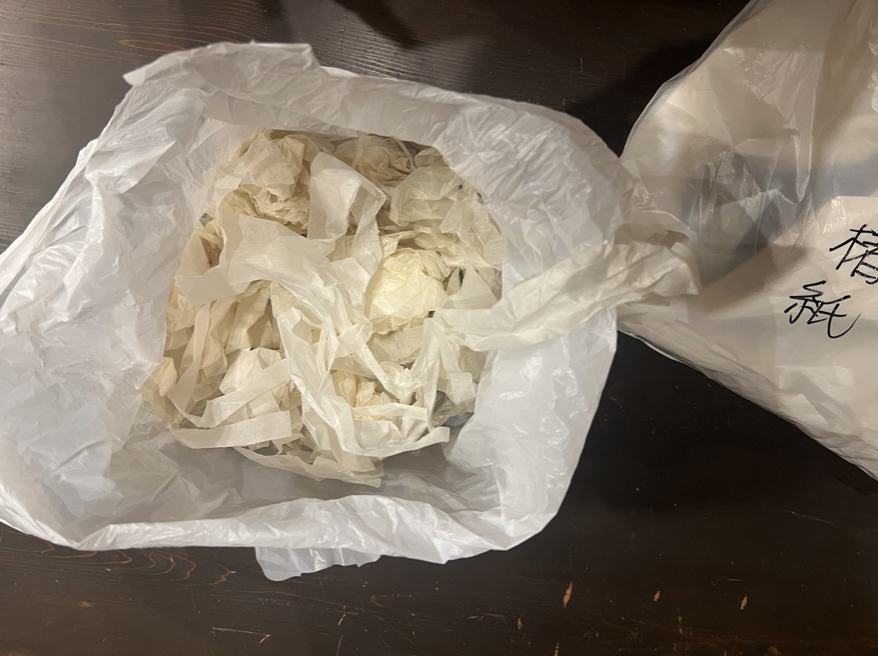
【Points leading to green innovation】
Low energy consumption during the manufacturing process is a feature of handmade washi, and the scraps are utilized as much as possible to avoid waste. However, even though this is an eco-material, washi cannot be burned without generating CO2.
Kashiwaya focuses not on waste incineration, but on the human action of “lighting” paper. We believe that considering what happens to paper once it’s no longer useful encourages us to foster a personal connection to the environment, which leads to the creation of new value. We hope this product will help promote the development of a sustainable society.


